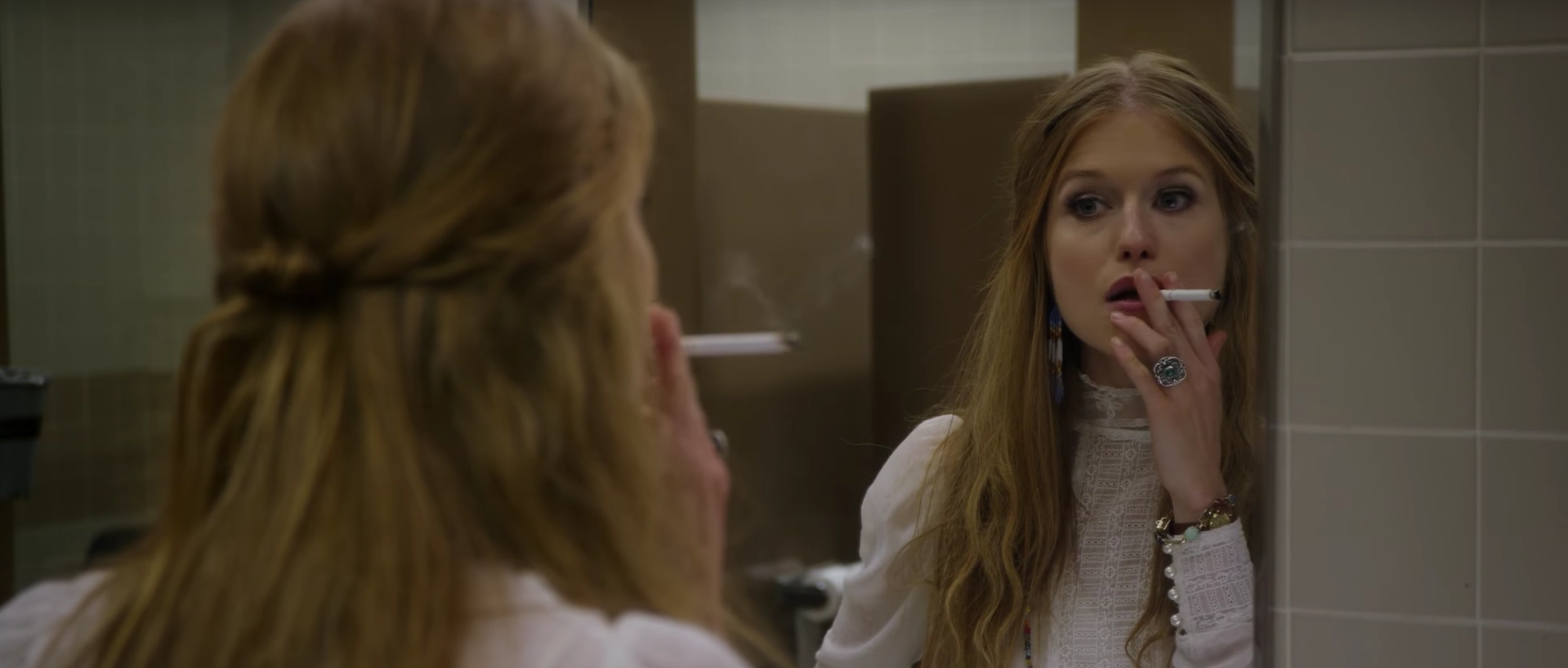Lynn Povich was one of the 46 female journalists who sued Newsweek in the 1970s through the Equal Employment Opportunity Commission on account that they weren’t being promoted past the position of researcher.
The complaint charged management with “systematic discrimination.” Povich wrote a book about her experience called The Good Girls Revolt, which became an Amazon original series released in October.
The show follows the lives of female research assistants in a fictional newsroom for News of the Week, modeled after Newsweek. It explores the inevitable intersection of professional and sexual freedom.
Scenes of sass and frustration take place in the late 1960s and early 1970s against the backdrop of Woodstock and the rise of the Black Panther Party. Not only does the show focus on the lawsuit, but it discusses progressive mindsets of the time when characters such as Patti Robinson, a fiery, impulsive researcher played by Genevieve Angelson, calls out racist fallacies in a reporter’s story.
Perhaps the most gripping part of the show is that it ties sexual liberation with career success and is reminiscent of the Vagina Workshop monologue from Eve Ensler’s production The Vagina Monologues. The women in the show go through rounds of sexual exploration from looking at their vaginas with hand mirrors to expressing solidarity when Cindy Reston, played by Erin Darke, discovers her husband has punctured her diaphragm in an attempt to impregnate her.
These conflicts breathe life into the fact that reaching equality is just as important at home as it is in the office.
Characters are reminiscent of today’s newsroom characters such as Lynsey Addario, a war photographer who covered conflicts in Iraq and Afghanistan, the Darfur genocide, violence against women in the Congo and beyond. She survived kidnapping by pro-Gadhafi forces while documenting the Libyan civil war. Her memoir It’s What I Do calls into question a balance of love and a passion for her dangerous profession.
Addario notes that in documenting war and in being a mother, she has created two different realities for herself, but that having a child has expanded her empathy and broadened her work. It is stories such as these that make the show relevant today, because it displays the importance of lawsuits that pave the way for women to participate in every aspect of the newsroom.
The show follows the rapid and necessary radicalization of women who recover from believing they should do what men want them to do and being valued in the newsroom and in the home.
An inspiring story, Good Girls Revolt is feel-good show that underestimates the complexities of the grueling work that must have happened to begin this lawsuit.
The show creates characters whose successes are entertaining. After watching the news when anchors such as Geraldo Rivera of Fox starts sentences with statements such as “not to be sexist, but …” the women’s triumphs are satisfying, though formulaic.
Fifty-nine percent of the bylines in The Washington Post are male, along with 69 percent of those in The New York Times. Povich’s story is scintillating and relevant, but the show, while sexy and entertaining, lacks complexity.



